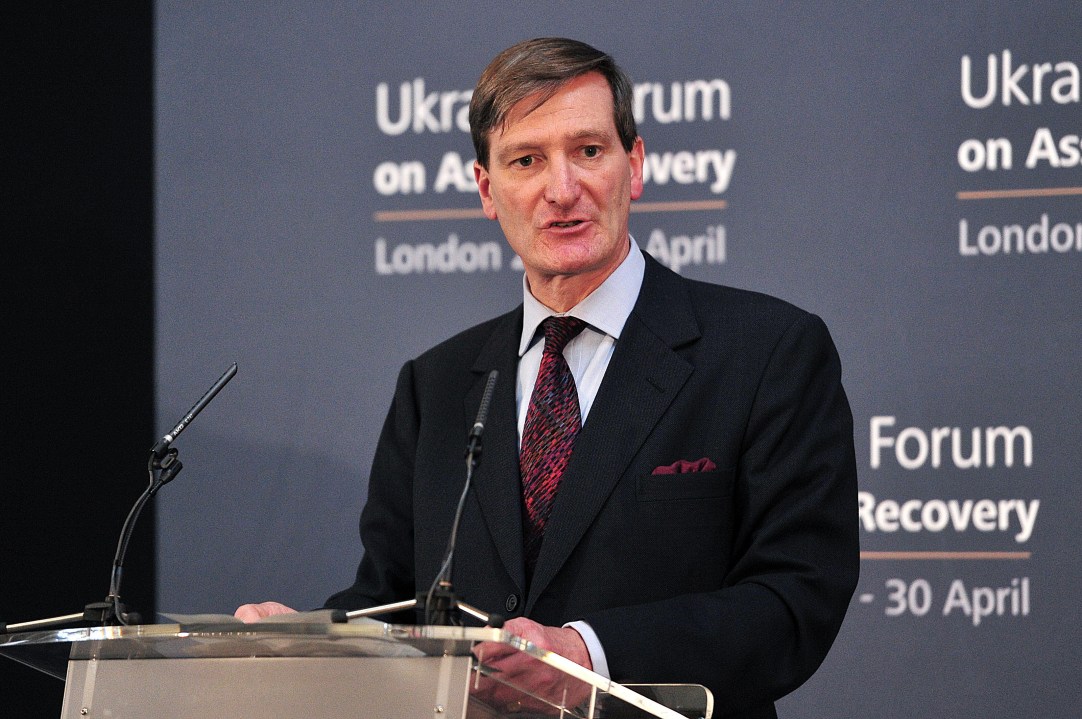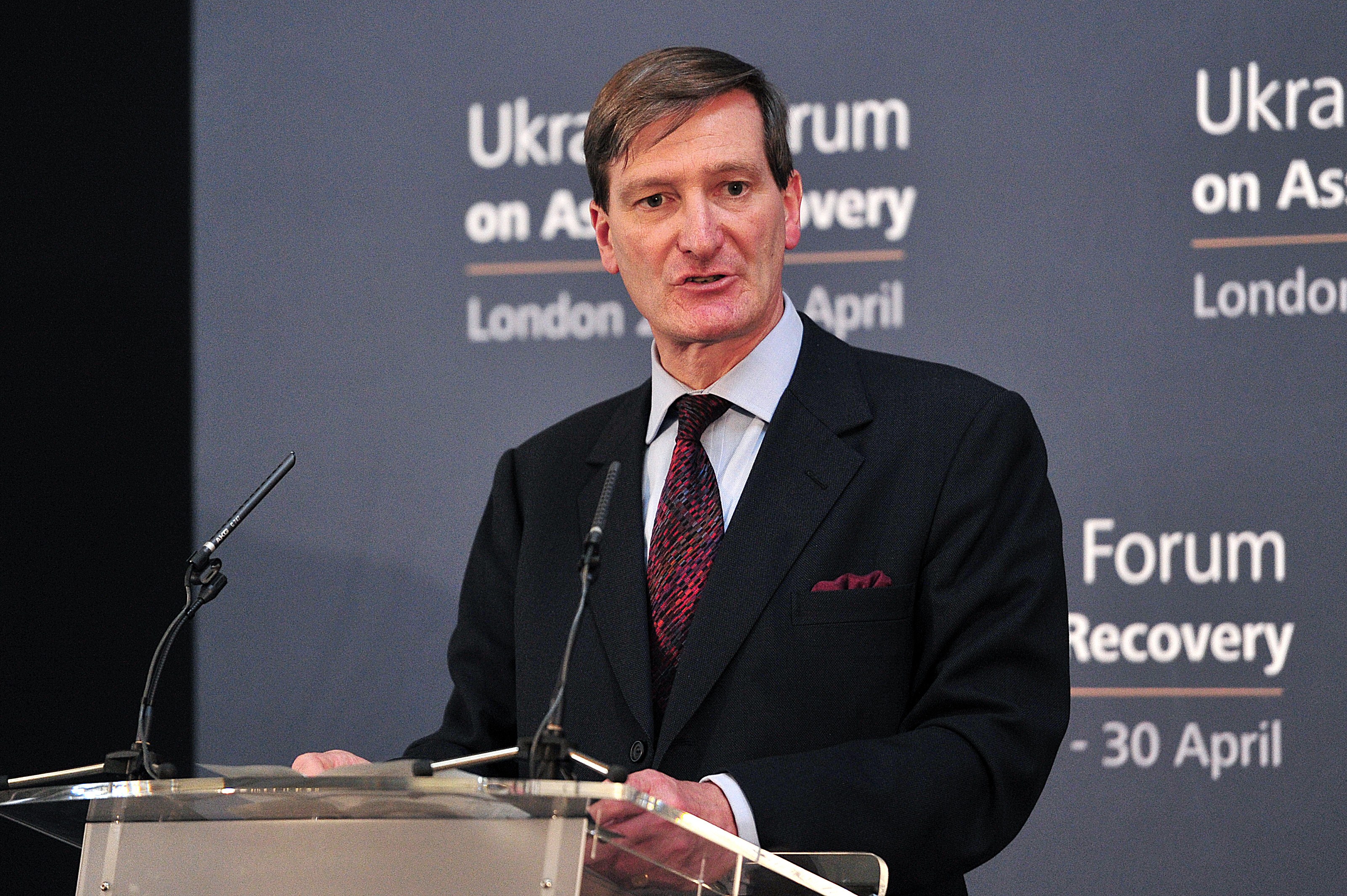On matters domestic (England and Wales division) I was sad to see Dominic Grieve turfed-out of the cabinet in last week’s reshuffle. Today he pops up in the Times to remind us (well, me) why his departure has lowered the average level of decency in the cabinet.
According to the former Attorney-General, the Prime Minister’s plans to rework Britain’s relationship with the European Court of Human Rights are the kind of cockamamie scheme that would, quite correctly, be considered laughable if it were copied by, say, Vladimir Putin. You see:
“What actually is being suggested is not that we will leave the ECHR, but that we will announce for our manifesto that we will pass primary legislation to use parliament to prevent the government from implementing its international obligations, except when parliament rules when we should,” he said.
“The inference is that when the UK government doesn’t like something that the court’s done it’ll just use parliament to not implement what it has signed up to. Of all the ideas I have heard about, that strikes me as just about the worst of all. It may appear superficially attractive, but it is effectively driving a coach and horses through international legal obligations, behaving in a way that can only be described as anarchic. It creates massive uncertainty and it risks a legal road crash.”
Parliamentary sovereignty was “open to misuse”, he said. “You could enact through parliament to have someone summarily executed. You could require the whole of the United Kingdom to worship the Moon, but we don’t do this and we don’t do it because it would be wrong, in exactly the same way it would be thoroughly wrong for parliament to use its power to defy an international treaty obligation.”
Well, quite. Then again, the Conservative hostility to ECHR has never made much sense to me. Not least because it is very odd to see people getting all red in the face and shouting liberty as they try and undermine an institution that, in general and most of the time, is a pretty reliable friend to liberty, decency and civilisation.
That does not, of course, mean that every ECHR ruling is the kind of thing our political masters will welcome. But that’s rather the point of the thing: it is a backstop against the tempting corruptions of power. It cannot be stressed often enough that the European courts – in their varying guises – are a defence or shield against our own government. As such they place a useful brake on sometimes over-zealous, careless government. The court is often on your side against our government. This is a good thing.
Not, happily, that the United Kingdom has very much to worry about when it comes to these matters. The vast majority of petitions against Her Majesty’s Government are ruled inadmissable and even when cases are heard the UK government is much more likely to win the day than are the governments of any other major european power when they are hauled before the court. In its own way the court pays a rather fine tribute to the on-the-whole decency of British government and law. There is much less to be afraid of here than you may imagine.
But then right-wing hostility to all things european is less a matter of reason than of feeling. The former citizens of the Warsaw Pact might have something pungent to say to the kind of British blowhard who bores on about the EUSSR. Similarly, there is something dispiriting about enduring UKIP-friendly Tories banging on about liberty at the same time as they do their best to curtail the EU-sponsored freedom of movement that has been the single greatest advance in european liberty and opportunity since the Iron Curtain was lifted.
Sometimes it would do us all some good to remind ourselves just how fortunate we are in this country and recall that mechanisms such as ECHR which may from time to time prove mildly (if usefully) irritating in the UK are actually extremely important in other, less fortunate, lands. It is one of those things that separates leading countries from good countries and, in turn, good countries from bad countries. But it seems sadly typical of the Tory party in its present mood that it would rather run away from these matters than lead them.








Comments